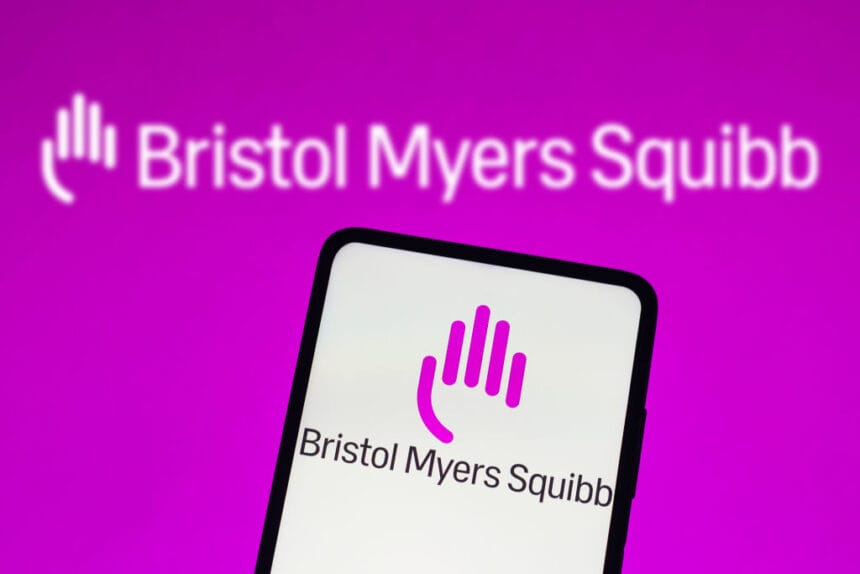Bristol Myers Squibb has gone back to the antibody-drug conjugates (ADC) well once again.
The pharma giant announced Tuesday morning that it is paying SystImmune, a clinical-stage biopharmaceutical company, $800 million upfront for BL-B01D1, a potentially first-in-class EGFRxHER3 bispecific ADC.
SystImmune is set to make another $500 million in contingent near-term payments and is eligible to receive up to $7.1 billion in additional payments based on meeting certain developmental, regulatory and sales milestones. The deal, which is still subject to customary clearance by antitrust regulators, could amount to $8.4 billion in total potential consideration.
A lead asset for SystImmune, BL-B01D1 targets EGFRxHER3 and is being evaluated in a Phase 1 study for treating patients with metastatic or unresectable non-small cell lung cancer (NSCLC).
Data released from prior clinical studies indicates that the ADC has promising anti-tumor activity in patients with a range of solid tumors that progressed after standard of care treatments for NSCLC as well breast cancer.
The biopharma’s CEO Dr. Yi Zhu said in a statement the studies of BL-B01D1 show broad potential across different solid tumors and that the partnership with Bristol Myers Squibb will accelerate work in the antitumor space.
From an operational perspective, the two companies will share certain global development expenses as well as profits and losses in the U.S. SystImmune will retain exclusive development and commercialization rights in mainland China and Bristol Myers Squibb will receive a royalty on net sales.
Meanwhile, SystImmune will receive a tiered royalty on net sales outside of those two markets.
As for Bristol Myers Squibb, this marks the company’s third ADC-focused deal of 2023.
In early November, the company picked up Orum Therapeutics’ blood and bone cancer drug ORM-6151 for $100 million upfront and up to $80 million in future milestones. In the spring, the company entered into a strategic licensing agreement with Munich-based Tubulius to develop differentiated ADCs.
“SystImmune’s BL-B01D1 adds yet another ADC to our diverse pipeline and helps strengthen our approach of matching the most appropriate therapeutic modality to areas of unmet medical need across solid tumor oncology,” Samit Hirawat, MD, EVP and chief medical officer of drug development at Bristol Myers Squibb, stated. “We look forward to working with SystImmune to advance BL-B01D1 in hopes of offering a differentiated treatment option for patients in need.”
Bristol Myers Squibb isn’t the only pharma giant keeping its finger on the pulse of the ADC space.
Other major players on the dealmaking front have included Eli Lilly, Eisai and BioNTech.
Notably, AbbVie announced late last month that it plans to buy ImmunoGen, a clinical-stage biotech that manufactures ADCs, for $10.1 billion.







